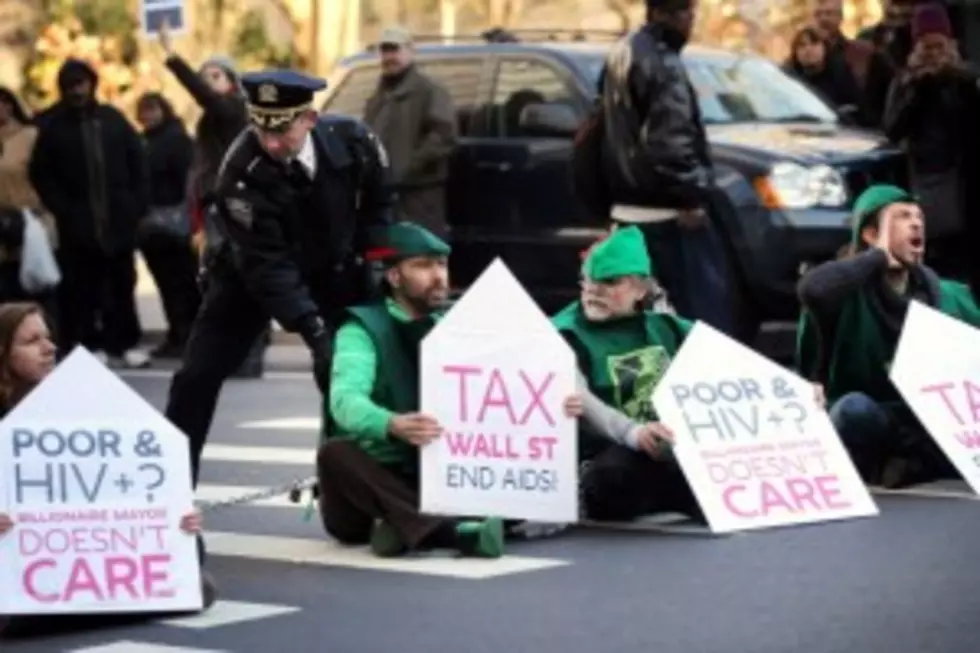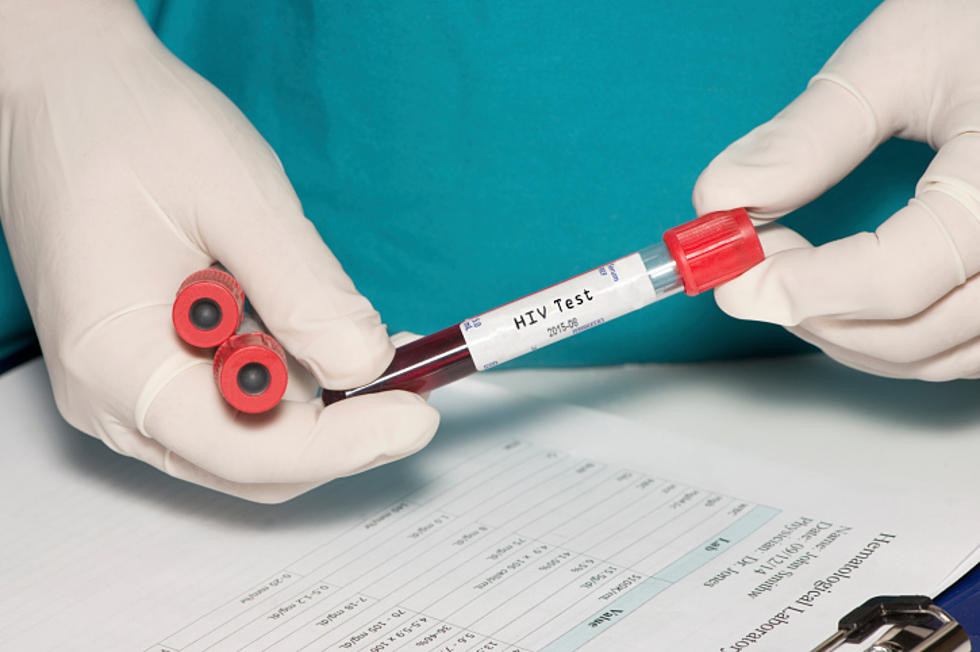
Are There Crime Laws Aimed At People With HIV?
This is kind of a strange one, but are you a deadly weapon if you have HIV? Think about it? you carry the AIDS causing virus in your blood, your saliva, all your bodily fluids. Does that make you dangerous somehow if you have the disease? Even worse, are people with HIV or AIDS being treated differently by law and law enforcement then people without it? The short answer is, yes they are!
Here in Texas as a matter of fact, a man with the HIV virus is serving a 35 year prison sentence for spitting at a police officer. Because, his saliva contains HIV, it was deemed as assault with a deadly weapon.
In Michigan, an HIV-positive man who allegedly bit a neighbor during an argument faced a bio-terrorism charge!
Now lets face it, had the offenses been the act of people without HIV or AIDS, the charges would have been much more lenient.
Now, a coalition is forming that is backed by an outspoken champion in Congress, is gearing up a campaign to press for review and possible repeal of criminal statutes specifically targeting HIV-positive people.
As part of an initiative called the Positive Justice Project, Hanssens' center recently documented scores of cases since 2008 in which people were prosecuted on charges specifically related to being HIV-positive. (Amarillo Globe News)
Among the cases:
—In March 2010, an HIV-positive man in Michigan faced bioterrorism charges of using HIV as a weapon after he allegedly bit a neighbor on the lip during an argument. Three months later, a judge threw out that charge; the defendant, Daniel Allen, was placed on 11 months of probation for assault.
—In Iowa, an HIV-positive man, Nick Rhoades, received a 25-year sentence in 2009 for failing to disclose his HIV status prior to a one-time consensual sexual encounter during which the virus was not transmitted. Rhoades' sentence was eventually suspended, but he was nonetheless required to register as a sex offender.
—In 2008, a homeless man with HIV, Willie Campbell, received a 35-year sentence for spitting at a Dallas police officer because under Texas law his saliva was considered a deadly weapon. Local health officials said the risk of HIV transmission from saliva was extremely low, but the prosecutor in the case said the tough sentence was warranted.
"No matter how minuscule, there is some risk," said Jenni Morse. "That means there is the possibility of causing serious bodily injury or death."
In Ohio, there have been several recent cases of people being charged with felonious assault under an 11-year-old state law making it a crime for anyone diagnosed with HIV or AIDS to have sex without disclosing that status to their partner. The law applies regardless of whether HIV is transmitted.
"If you participate in any sex act, no matter how major or minor, you must tell your partner you are HIV-positive before having sex — even if you are practicing safer sex!" warns a fact sheet distributed by Ohio health groups.
In an ongoing case in Cincinnati, former professional wrestler Andre Davis faces the possibility of decades in prison after being convicted in November of 14 counts of assault for having sex with women without telling them he'd tested positive for HIV. His sentencing is set for Jan. 6.
In accordance with the judge's instructions, it was never established at the trial whether any of the women actually became infected with HIV through contact with Davis, whose wrestling stage names included "Gangsta of Love."
Davis' attorney, Greg Cohen, said the law regarding HIV and felonious assault is "fear-based" and flawed because it doesn't require proof that there was any attempt to cause harm. He has said he may file an appeal.
"You can't just assume someone intended to harm someone else just by sleeping with them," Cohen said in a telephone interview.
Even with the American with Disabilities Act extending protections to people with HIV, multiple cases of discrimination amongst patients carrying the disease are coming forward.
Like a 13 year old boy in Pennsylvania being denied entry into a private school because he has HIV.
For advocacy groups working on behalf of HIV-positive people, the criminalization laws represent a negative side of a mixed picture. Overall, activists are heartened by progress in combating HIV-related discrimination, whether by private employers or the federal government.
In my opinion, it is a mixed picture overall. If someone intentionally has sex with you and they know they have HIV but they don't tell you, yes I think that should be illegal! It's freaking wrong!
It's a grey area, you could see a point of view from both sides. But imaging an HIV infected person spitting in your face, you have a small cut on your face from shaving or something, even maybe a pimple you popped, then you suddenly catch the disease. You'd be pretty pissed off and want justice wouldn't you?
So it's discrimination that's real hard to take a side on. I don't feel HIV or AIDS patients should be treated differently, but they should also take responsibility! If you have the disease, sexual partners should be informed no if's and's or but's about it!
You shouldn't go around biting people or spitting on them. You, as the carrier of the infection, should take more responsibility to protect others from catching what you have.
I'm sorry, but I worked my butt off to stay STD free and I'll be damned if I catch it because somebody with HIV knowingly infects me! In a way, it's almost like attempted murder.
More From KISS FM 96.9



![Security Video Shows Burglar’s Bare Butt [VIDEO]](http://townsquare.media/site/182/files/2015/12/RS7719_459881117-scr1.jpg?w=980&q=75)


![Dallas County Leads In The Number of HIV Cases Reported in Texas [VIDEO]](http://townsquare.media/site/194/files/2015/02/56313604.jpg?w=980&q=75)

